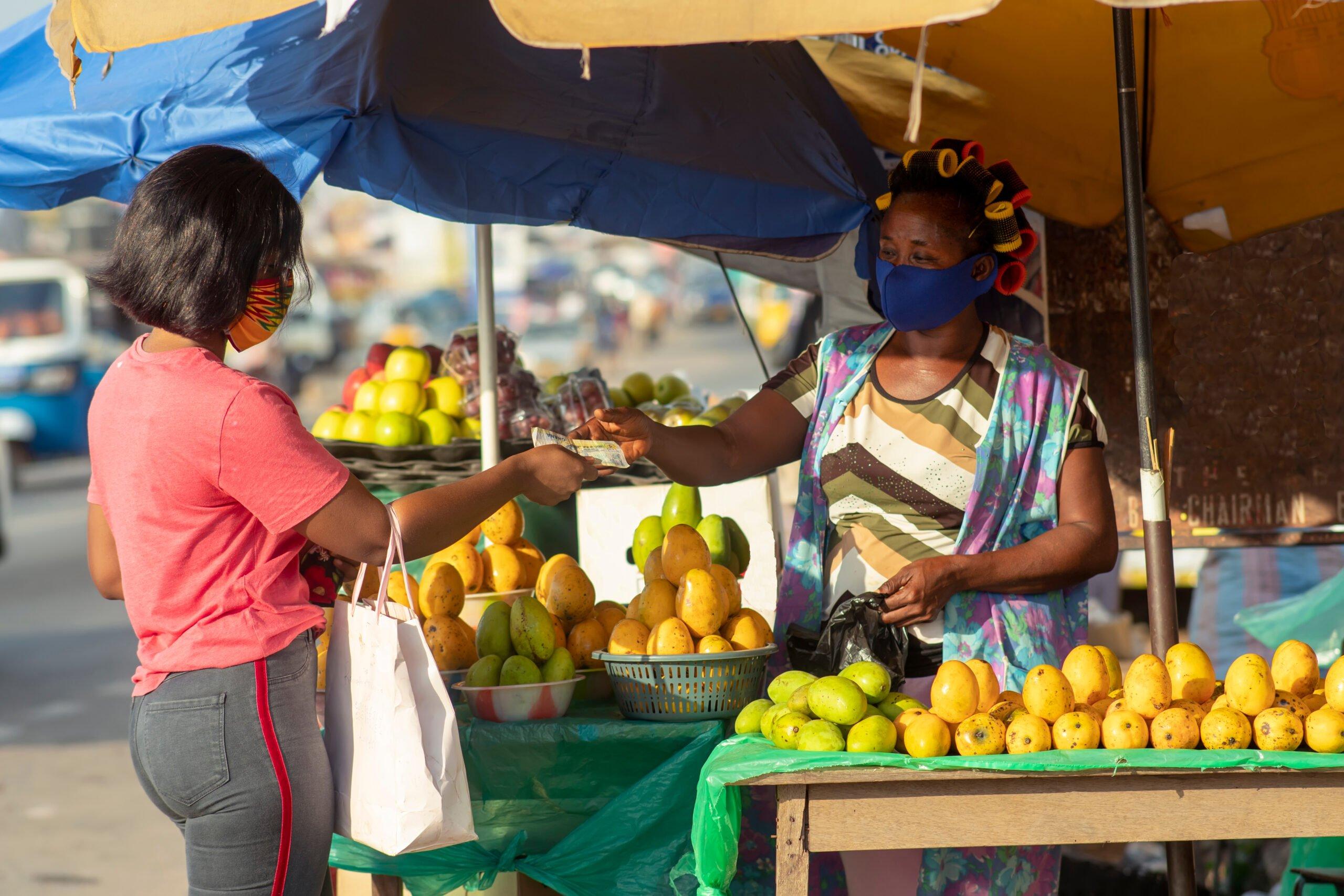Africa-Press – Malawi. In the bustling streets of Blantyre, Malawi’s commercial hub, informal traders form the backbone of the local economy. Selling everything from fruits to second-hand clothes, these traders, many of them women, are not just vendors. They are breadwinners, caregivers and entrepreneurs. Yet despite their vital role, they face daily harassment, abuse and economic hardship at the hands of those meant to protect them.
Informal trading is deeply rooted in the Malawian economy, with over 80% of the population relying on the sector. Colonial-era vagrancy laws continue to influence the policing of informal traders and the legal framework that often criminalises poverty.
Local by-laws prohibit street vending and restrict informal trading to designated marketplaces, which are usually overcrowded, lack proper infrastructure and are unaffordable for the average informal trader. Those who cannot afford to be at designated marketplaces risk being arrested, paying fines and having their goods confiscated, with no hope of getting their items back.
Many traders buy the goods they sell on credit. When these are confiscated by the police or the city council rangers, it is not just a business loss. It’s a family crisis. Children are pulled out of school, meals are skipped, and debts pile up. The economic impact is devastating. The fines these street vendors pay often exceed what they earn weekly.
Female informal traders frequently face sexual assault, violence, and rape at the hands of law enforcement. Many are too afraid to report these abuses to the very institutions responsible for them, leaving them with no legal recourse.
Additionally, some female traders are approached for sexual favours to avoid arrest, to gain release from detention, or to prevent their goods from being confiscated.
Many informal traders face barriers to accessing justice. Many are unaware of their rights and the laws that protect them, and even those who are informed struggle to access justice due to the abuse and arbitrary arrests they face from law enforcement.
Even when they attempt to report abuse or other crimes, they are often dismissed or further victimised. The psychological effects on many of these traders often include fear, hopelessness and the loss of dignity.
Despite the challenges, informal traders are not without hope. They call for designated vending streets, affordable market spaces and collective organisation. They want to be educated on their rights, but more importantly, to have those rights respected.
The path forward must be holistic, combining legal education, economic support, infrastructure development, and systemic reform. Only then can Malawi’s informal traders move from surviving to thriving.
*Thabo Buthelezi is a Social Justice Researcher at the Southern Africa Litigation Centre (SALC)
For More News And Analysis About Malawi Follow Africa-Press






